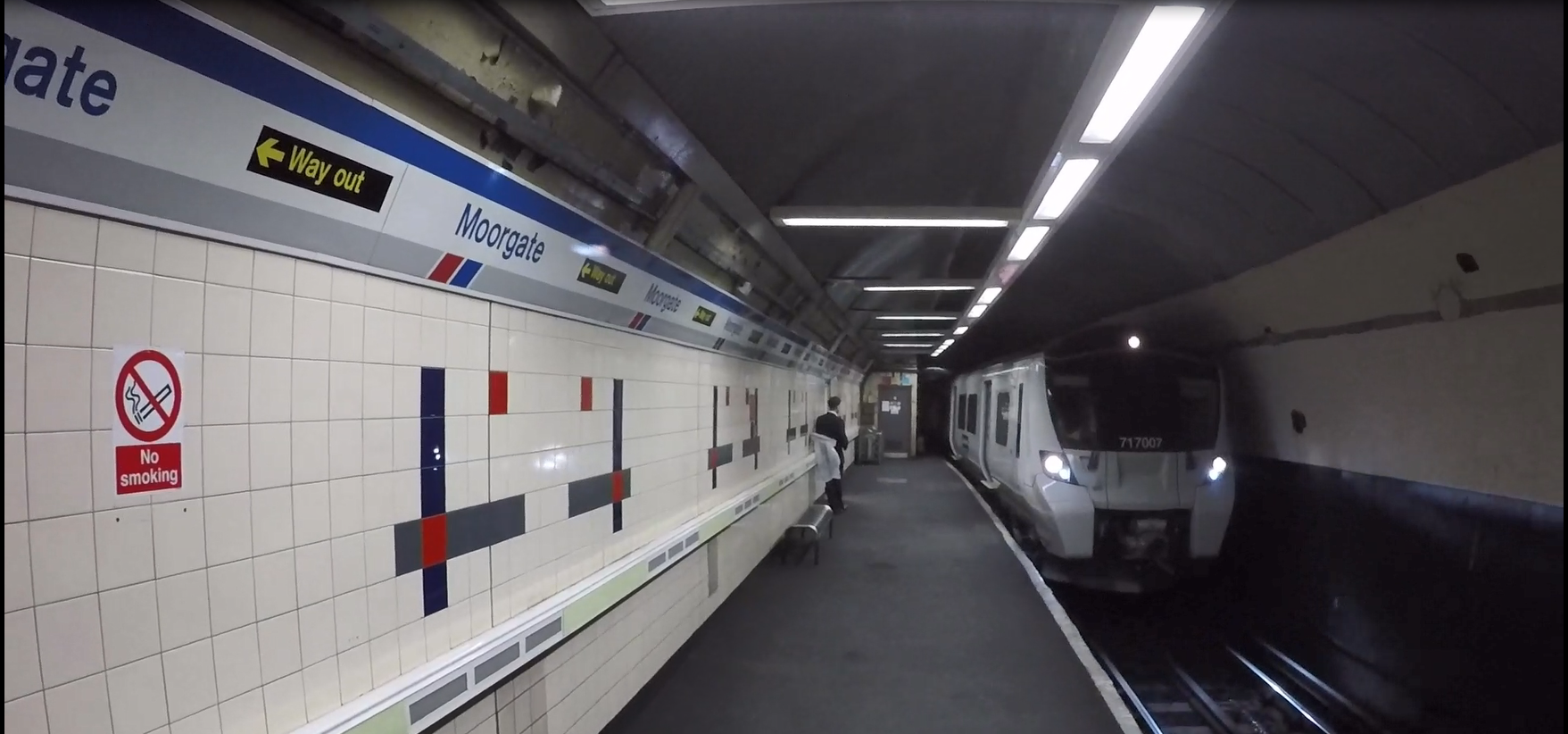Mr Francois Davenne, UIC General Director, underlines how the rail ecosystem needs to be driven by a strong will to develop a system pillar that provides a digital overview of the entire network, overcoming the great difficulties generated by each European country’s peculiarities.
Digital thinking will accelerate the pace of innovation, implementing new projects and developing new services.

What Role Does Digital Transformation Play in Helping the Industry Shift Attitudes and Achieve Its Objectives?
Digitalisation is going to become increasingly important; in addition to Shift2Rail, ERTMS and FRMCS initiatives, we will see innovation becoming the norm as we push for a mindset shift towards digital. The rail ecosystem needs to be driven by a strong will to develop a system pillar that provides a digital overview of the entire network. What we need now is not the latest app or digital gadget but integration and interoperability that enable a 360° view of the world of rail from tracks to ticketing, right across Europe.
I like to think of the rail network as though it is a data network where wagons are data packets: every different part of the rail system has different systems and “data packets” and so does every different country- a bit like every country having their own version of the internet, that doesn’t quite integrate with the others. Currently it is hard to innovate because these different data layers, which in rail are traffic management systems, or the systems used by different countries, are tightly woven into other processes and difficult to separate. Achieving a full understanding of these layers and the information they contain is currently incredibly difficult.
The first objective is thus to define what all these different layers with their different systems are, and to gain a full understanding of what composes the network. I believe this will be a complex though necessary process, spanning at least one or two years. Once these layers have been clearly defined it will be possible to understand real capacity and unleash innovation.
To accelerate the pace of innovation we need to start thinking digitally, because digital systems are the key to developing new services and to driving innovation. We also need to select projects that can be implemented rapidly and that will yield results in the shortest time possible. Covid-19 was a catalyst telling us to act faster and without hesitation so that the next ten years really lay the ground for change and reverse the current trend.
Download the complete interview.
This article was originally published by Fincons Group.





